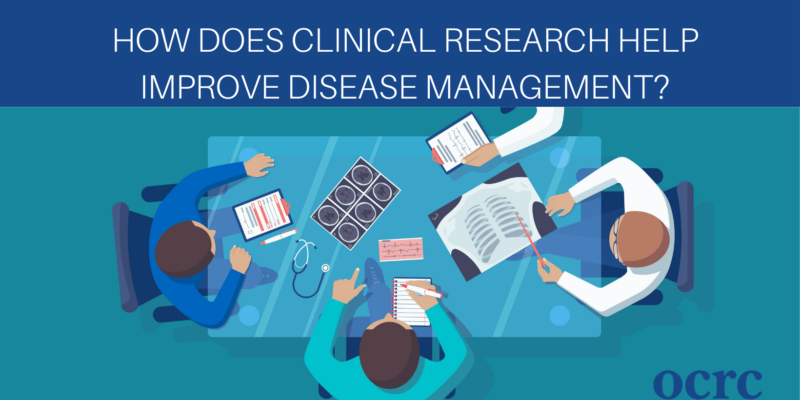
For individuals struggling with physical pain, discomfort and pain management are a regular part of daily life. Chronic illness prevents millions of Americans from living their lives the way to their fullest and participating in the activities that would otherwise offer fulfillment.
But, the good news is that scientific advancements can truly make a difference in people’s lives. The innovative world of medical devices and joint replacements have revolutionized the way that people get around and the quality of life they experience. Also, when you participate in a clinical study, your contribution may improve healthcare for future generations to come.
With every new study, researchers are providing more comprehensive treatment options for individuals managing chronic conditions. Here are some specific illnesses that clinical researchers are working to treat:
Clinical trials play a key role in the discovery and development of new treatments for neuromuscular diseases, like Parkinson’s disease. The National Parkinson Foundation (NPF) has been participating in one of the largest observational studies ever. Regarding their research, they note: “discoveries made in the laboratory can help people with Parkinson’s today and in the future. NPF is at the forefront of Parkinson’s research, and clinical studies are central to our vision. Every year, insights from the Project help optimize Parkinson’s care. This has led to better quality of life for people with Parkinson’s and better health for people with Parkinson’s tomorrow.”
Additionally, the Muscular Dystrophy Association (MDA) has stated: “we know how critically important clinical trials are to finding treatments and cures, which is why we’ve committed, by 2020, to doubling our research investment in clinical trials and drug development.”
Another group of people who are directly impacted are those with Mesothelioma. According to the Mesothelioma center, “Clinical trials provide patients with access to cutting-edge treatments that can make a difference in their life expectancy, and they also play an essential role in future advancements in the fight against asbestos cancer.”
According to the National Center for biotechnology Information, the discovery of Herceptin, a commonly-prescribed antibody for individuals with breast cancer, was based upon research gathered from “a cohort of more than 9,000 breast cancer patients whose tumor specimens were consecutively received at the University of San Antonio.” This targeted therapy has also prevented the growth and spread of breast cancer cells in women across the country, and is also prescribed to disrupt certain types of stomach cancers.
Many other forms of cancers are being addressed by clinical researchers. For a complete list of clinical study options, visit clinicatrials.gov.
At OCRC, we offer a variety of clinical trials and research studies in which you can participate in our state-of-the-art clinical research facility. The Phase I-IV clinical trials that we specialize in range from a few days to a few months. All study volunteers receive all treatments and medical care related to the trial. Additionally, participants may be compensated for their time and travel. Health insurance is also never a requirement for participation.
If you are interested in volunteering, please tell us a little more about yourself in the Current studies section of the home page and we will contact you to determine your eligibility for current and future studies.
